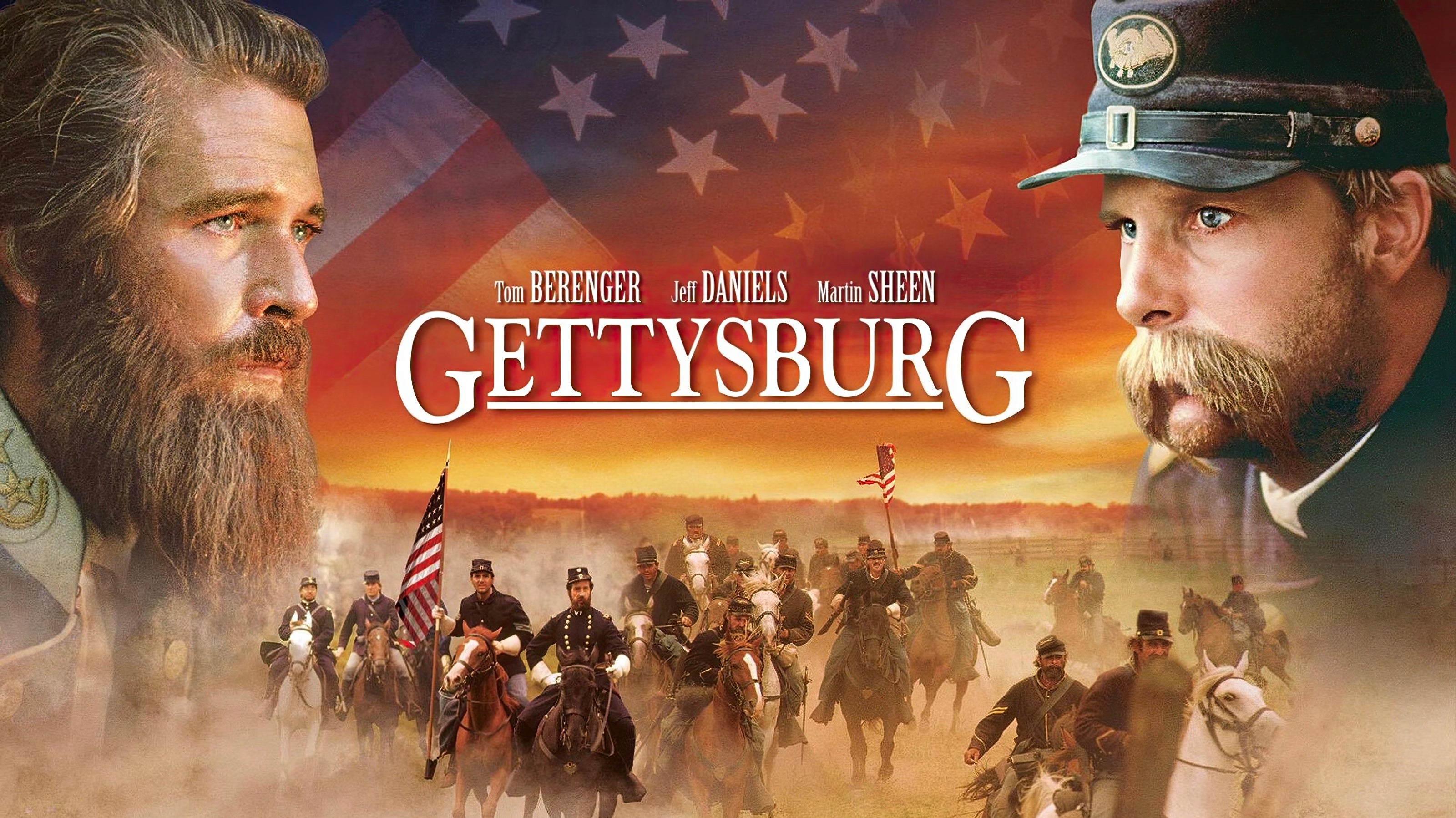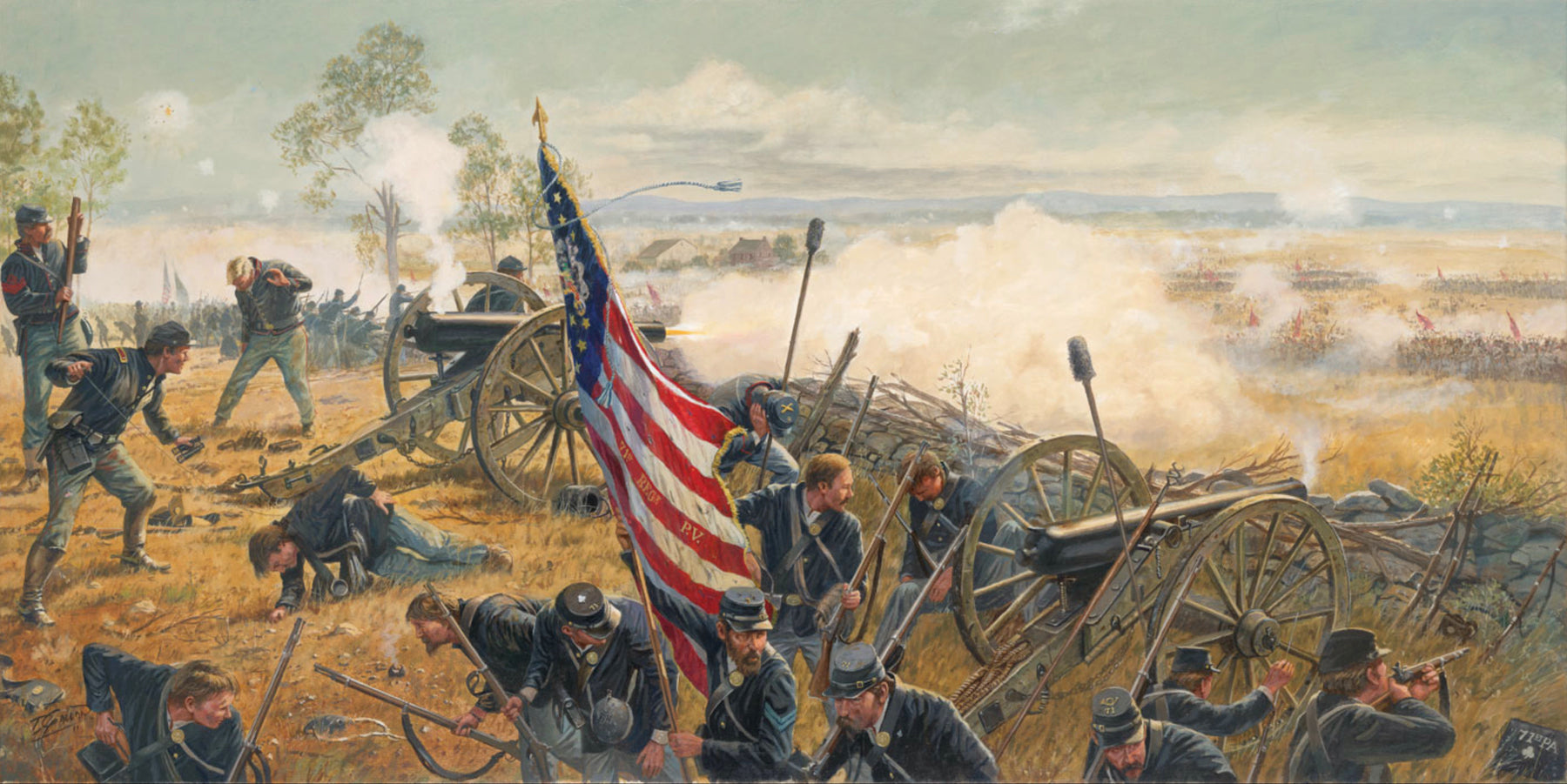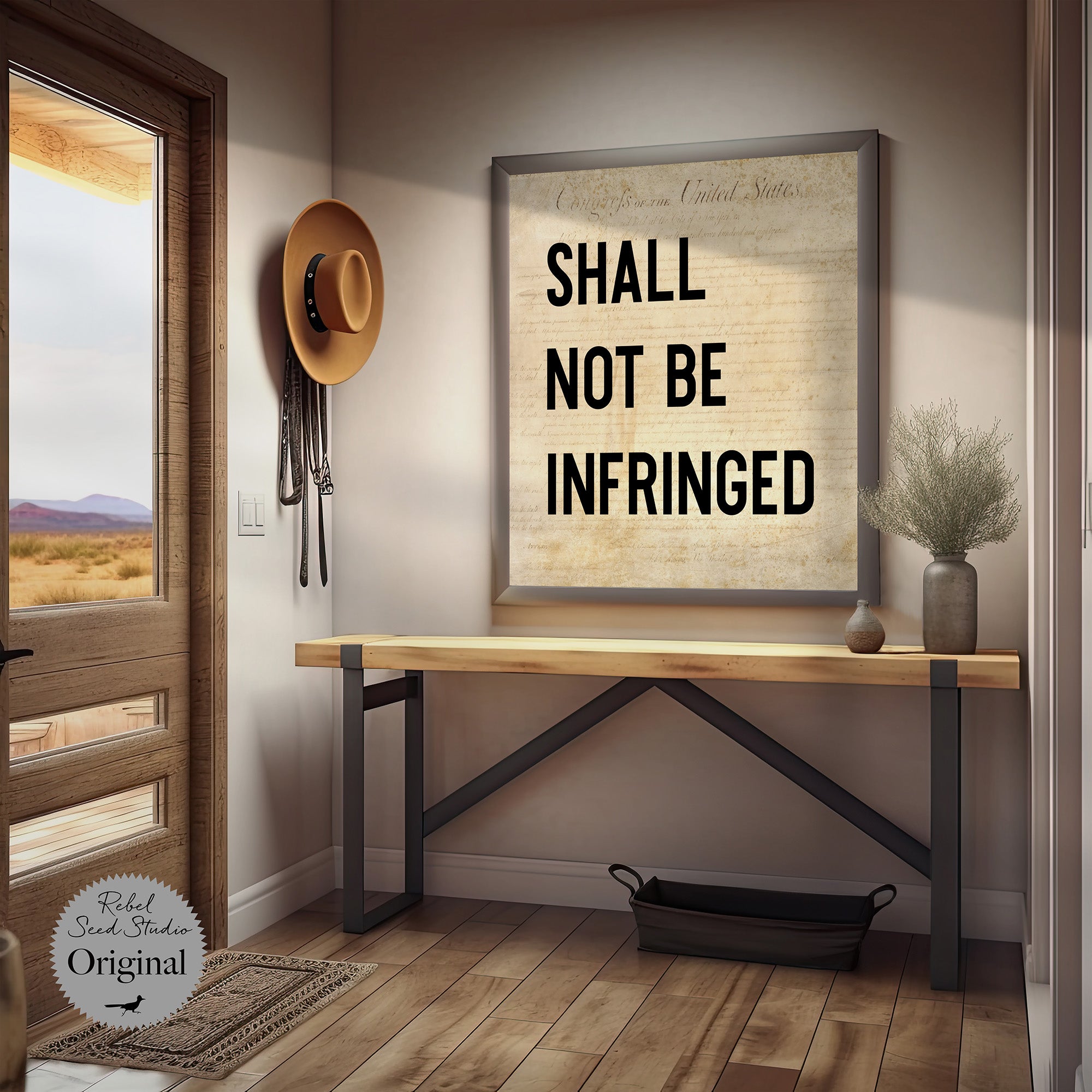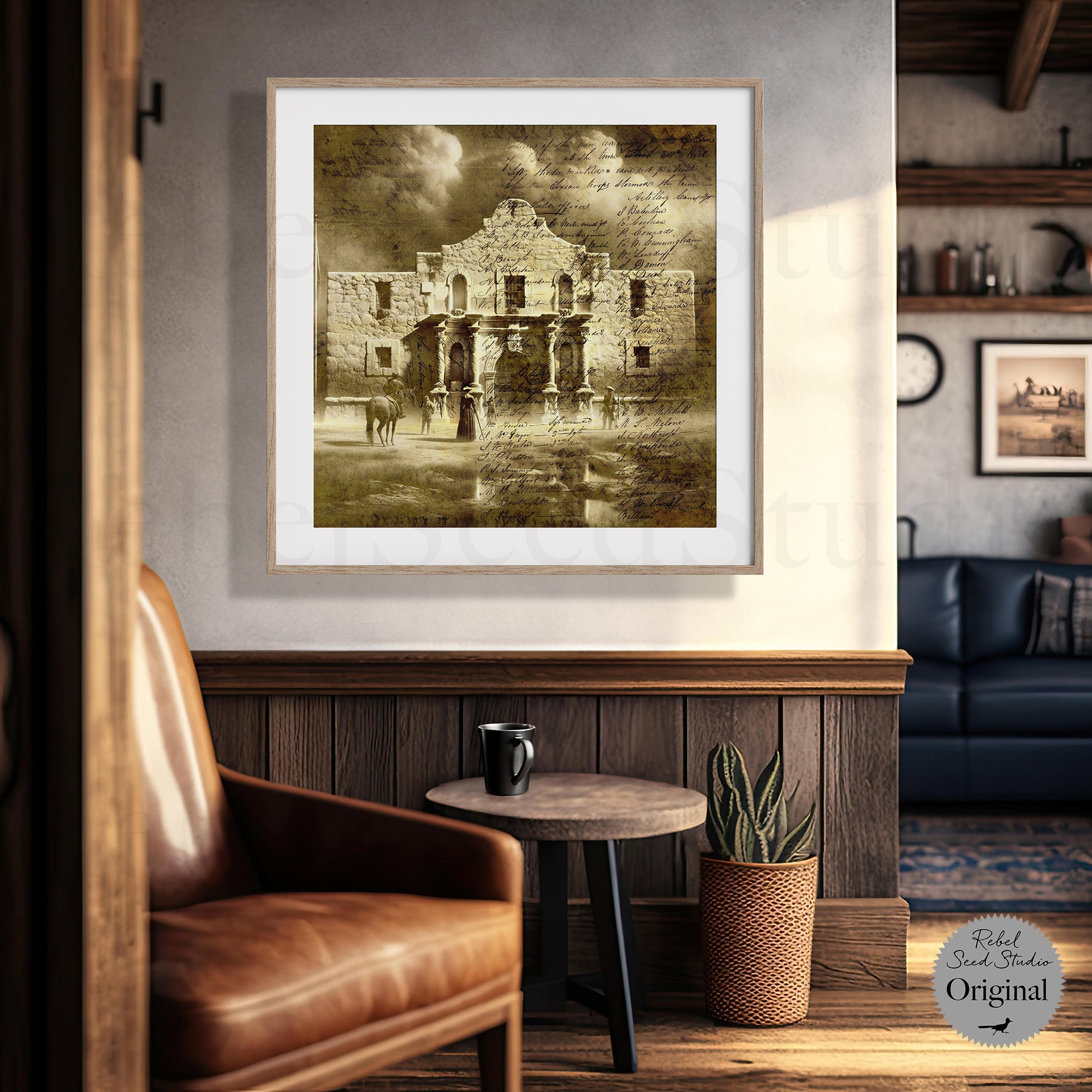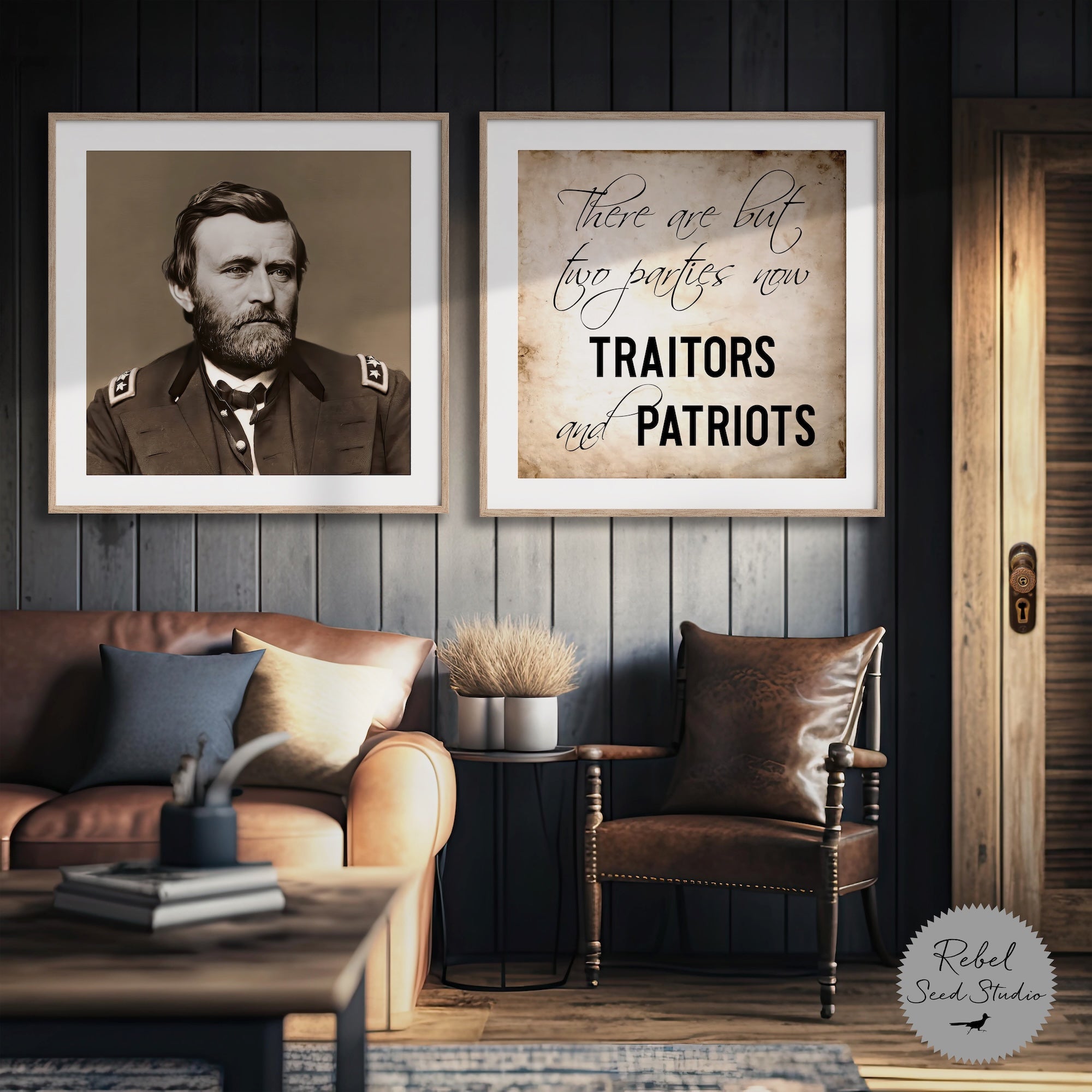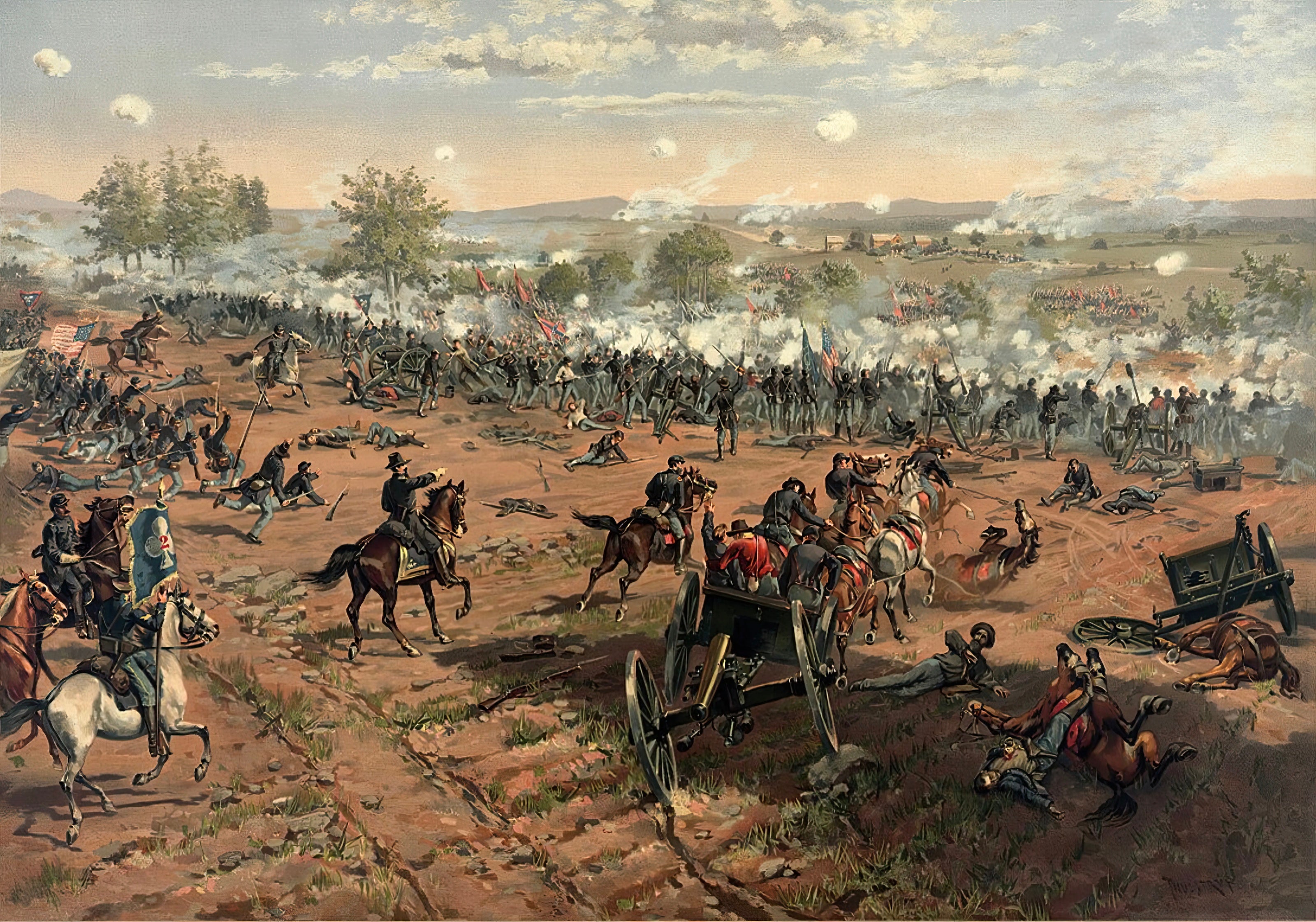
The Killer Angels: A Classic Novel of the Civil War (book adapted as the film "Gettysburg")
The Killer Angels is a meticulously researched and emotionally resonant historical novel that captures the events leading up to and during the pivotal Battle of Gettysburg during the American Civil War. Michael Shaara takes a deeply humanistic approach, bringing readers into the minds and hearts of the key military leaders and soldiers on both sides of the conflict.
The novel begins on June 29, 1863, with the two armies - the Union forces under General George Meade and the Confederate Army led by General Robert E. Lee - moving toward the small town of Gettysburg, Pennsylvania. The story unfolds over the four days of battle (July 1–4, 1863), with each chapter shifting perspectives between different generals and soldiers, primarily focusing on four key figures: General Robert E. Lee and Lieutenant General James Longstreet of the Confederacy, and Colonel Joshua Lawrence Chamberlain and General John Buford of the Union Army.
Shaara does more than simply describe the movements and strategies of the two armies. He delves into the inner thoughts and motivations of these historical figures, allowing readers to see the war not just as a battle for military supremacy but as a deeply personal struggle filled with conflicting emotions, loyalties, and ideals.
On the Confederate side, General Robert E. Lee is portrayed as a man of great moral conviction but also one who is burdened by the weight of his decisions. His trusted lieutenant, James Longstreet, is more pragmatic and cautious, often questioning Lee’s aggressive tactics and preferring a defensive strategy, which causes tension between the two. Longstreet's internal conflict is one of the most compelling aspects of the novel, as he grapples with his loyalty to Lee and the knowledge that the Confederacy’s chances for victory are diminishing.
On the Union side, Shaara highlights the heroism and leadership of Colonel Joshua Lawrence Chamberlain, a former college professor who has become one of the Union’s most effective commanders. Chamberlain’s stand on Little Round Top, where his 20th Maine Regiment holds off Confederate attacks, becomes one of the defining moments of the battle and the novel. Through Chamberlain, Shaara explores themes of duty, sacrifice, and the moral imperative to fight for freedom and unity.
The Battle of Gettysburg culminates in the devastating charge led by General George Pickett, which becomes known as Pickett’s Charge. The disastrous outcome for the Confederate Army marks the turning point in the war, and Shaara portrays the tragic futility of this final, desperate attack. By the end of the novel, readers are left with a profound sense of the human cost of war—on both sides.
Book Notes:
The Killer Angels is widely considered one of the greatest historical novels about the American Civil War, and for good reason. It blends historical accuracy with deeply developed characters and profound thematic insights, making the novel not only a gripping war story but also a meditation on leadership, morality, and the complex motivations of those who fought in one of America’s bloodiest battles.
- One of the greatest strengths of The Killer Angels is how Shaara humanizes the iconic leaders of the Civil War. Rather than portraying them as distant, mythical figures, he brings them to life as real people with doubts, fears, and conflicting emotions. General Lee is shown as a noble but flawed leader, burdened by his choices. Longstreet is the war-weary realist, constantly at odds with Lee’s idealism. Chamberlain is portrayed as a scholar-turned-soldier who grapples with his moral beliefs. This character-driven approach makes the story emotionally engaging and provides readers with a more intimate understanding of the war.
- The novel’s structure, which shifts between the perspectives of various key figures on both sides of the battle, allows Shaara to present a balanced portrayal of the conflict. Readers experience the war from the Confederate and Union viewpoints, which provides a well-rounded understanding of the motivations, strategies, and struggles of both armies. This multiplicity of perspectives also enhances the tension of the narrative, as the reader knows the ultimate outcome of the battle but still feels the uncertainty and urgency of each character’s decisions.
- The author's descriptions of the Battle of Gettysburg are both vivid and harrowing. He does not glorify the violence or simplify the chaos; instead, he shows the horror, confusion, and brutality of war. The battle scenes are intense and immersive, filled with detailed accounts of the terrain, strategies, and combat, but they never feel overly technical. Shaara strikes a fine balance between military history and emotional storytelling, making the battle sequences both informative and impactful.
- Beyond the tactical details and action sequences, The Killer Angels is a deeply philosophical novel that explores the complex motivations of the soldiers and leaders involved. Themes of honor, duty, loyalty, and the moral justifications for war run throughout the novel. The Confederate leaders are portrayed as fighting for states’ rights and honor, while Union leaders like Chamberlain are motivated by the fight for freedom and the preservation of the Union. The novel forces readers to consider the deeply personal reasons why men go to war and the heavy toll it takes on their consciences.
- Shaara did extensive research to accurately portray the events of the Battle of Gettysburg, and it shows. From the military tactics employed to the personal correspondences of the historical figures, the novel is rich with historical detail. This accuracy lends the novel credibility and helps ground the emotional aspects of the story in the reality of the historical events.
SUMMARY: The Killer Angels is an extraordinary historical novel that brings to life one of the most significant battles of the American Civil War through the eyes of its key participants. Michael Shaara’s vivid characterizations, combined with his attention to historical detail, make the novel a masterful blend of fiction and fact. It captures not just the military maneuvers of the Battle of Gettysburg but also the deeply personal struggles of the men who fought in it. For those interested in military history, Civil War studies, or historical fiction, The Killer Angels is a must-read. Its exploration of leadership, duty, and the human cost of war resonates deeply, providing a nuanced and empathetic portrayal of one of America’s defining moments. The novel remains a profound and moving depiction of war and its impact on those who lived through it. The Killer Angels is a remarkable achievement in historical fiction, offering a compelling and humanized account of the Battle of Gettysburg. It is both a thrilling war novel and a deeply thoughtful exploration of the moral and personal dimensions of conflict.
Get the Book: Digital Book (Apple Books) | Audiobook (Apple Books)
Get the Movie: Digital Film (AppleTV)


